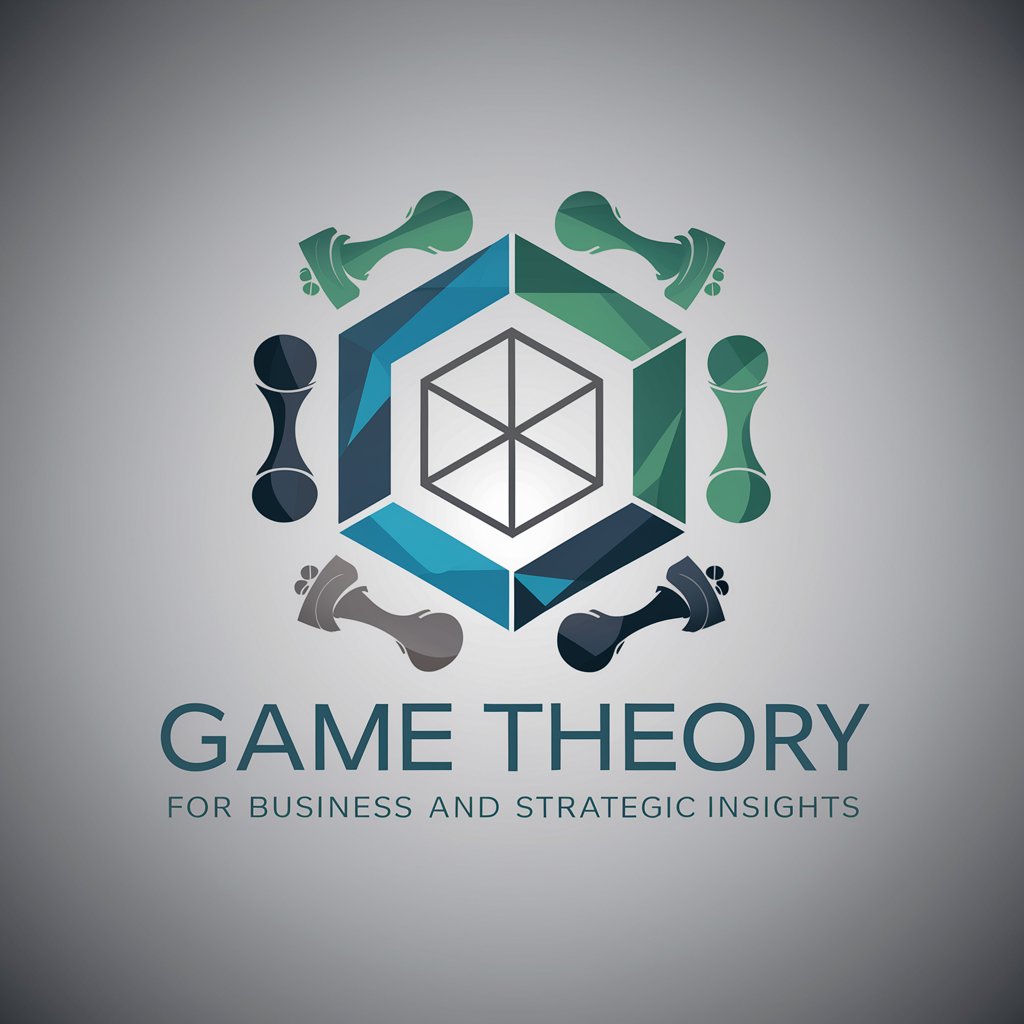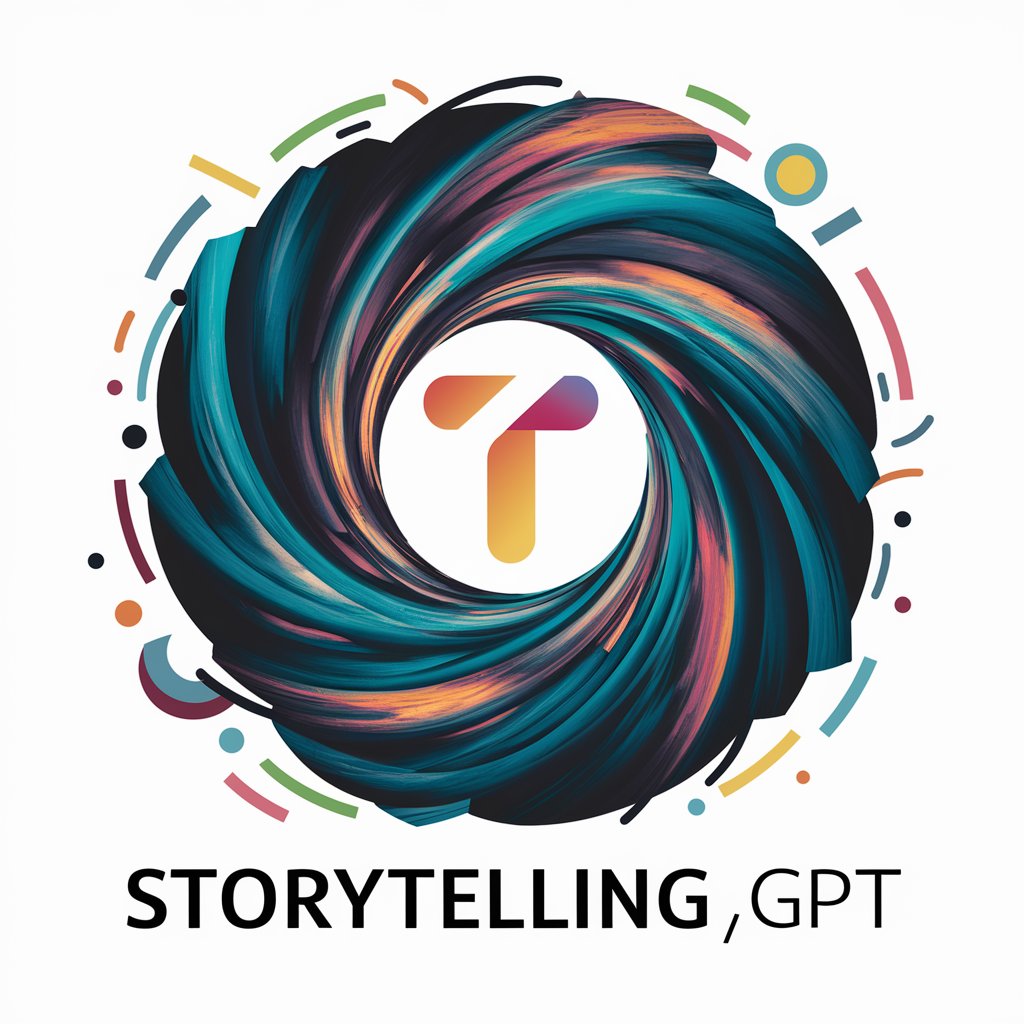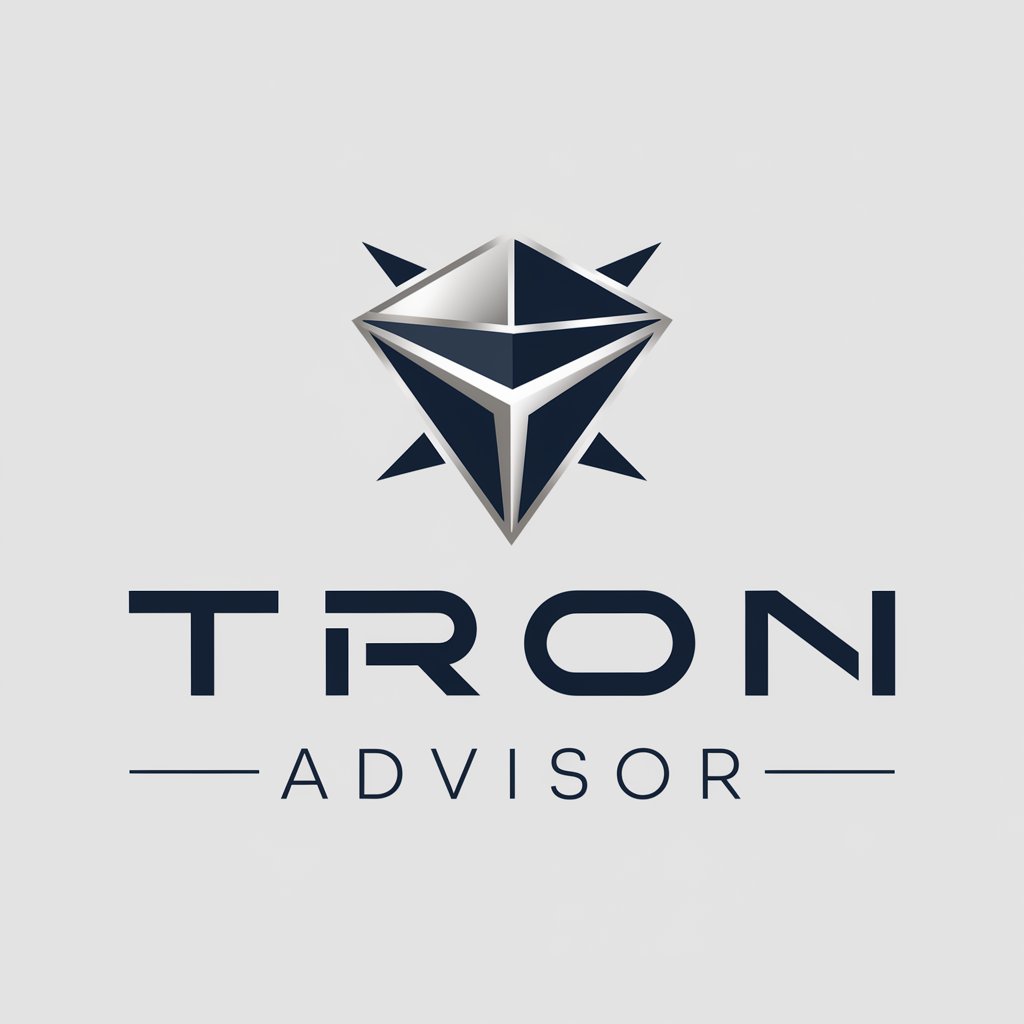Game Theory Analyst - Strategic Decision Analysis

Welcome! Let's strategize using game theory.
Strategize Smartly with AI-Powered Analysis
Analyze a competitive market scenario where...
What strategies should a company use when...
How can game theory be applied to improve...
Evaluate the potential outcomes of...
Get Embed Code
Introduction to Game Theory Analyst
Game Theory Analyst is designed as an expert system focused on applying game theory principles to analyze and provide strategic advice across a variety of real-world scenarios. Its core purpose is to utilize the mathematical and logical frameworks of game theory, which studies strategic interactions among rational decision-makers, to offer insights that can guide decisions in competitive and cooperative environments. This includes analyzing market competitions, negotiation tactics, strategic voting systems, conflict resolution, and cooperative strategies among others. For example, in a business context, Game Theory Analyst could dissect a pricing war scenario between two competing firms, predicting potential moves and counter-moves using concepts like Nash Equilibrium or the Prisoner's Dilemma, thereby advising on the best strategic approach. Powered by ChatGPT-4o。

Main Functions of Game Theory Analyst
Strategic Decision Making
Example
Advising a company on entering a new market with existing competitors, using game theory to evaluate potential reactions from competitors and to develop a market entry strategy that maximizes benefit while minimizing risk.
Scenario
A tech startup considering launching a new app in a crowded market space.
Negotiation and Bargaining Strategy
Example
Guiding individuals or entities through negotiation processes by identifying optimal bargaining strategies and helping to anticipate and counter the moves of the other party effectively.
Scenario
Two companies negotiating a merger deal, with insights provided on how to structure the negotiations to ensure a favorable outcome.
Conflict Resolution
Example
Applying game theory models to resolve conflicts by finding equilibrium strategies where all parties can find mutually beneficial outcomes, thus avoiding zero-sum game scenarios.
Scenario
Addressing a dispute between shareholders in a family business by suggesting compromise solutions that align with the interests of all parties involved.
Optimization of Cooperative Strategies
Example
Using game theory to enhance cooperation among stakeholders in projects that require collective action, thereby increasing the chances of success through strategic alliances and partnerships.
Scenario
A consortium of renewable energy companies working together to bid on large government contracts, needing to allocate tasks and resources efficiently.
Ideal Users of Game Theory Analyst Services
Business Executives and Managers
These users can leverage game theory to make informed strategic decisions, manage competitive dynamics, optimize negotiations, and foster beneficial collaborations. Their goals often involve maximizing company value, entering new markets, and developing competitive strategies.
Policy Makers and Government Officials
For those involved in crafting regulations, negotiating international treaties, or managing public goods, game theory offers tools for analyzing complex interactions and outcomes, ensuring policies promote common welfare and strategic national interests.
Researchers and Academics
Individuals in academic or research-oriented fields use game theory to understand and predict behaviors in social, economic, and ecological systems, contributing to theories that can guide practical applications and policy making.
Legal Professionals
Attorneys and legal analysts apply game theory to anticipate the moves and countermoves in litigation and negotiation, structuring arguments and settlements in ways that are most likely to result in favorable outcomes for their clients.

Guidelines for Using Game Theory Analyst
Initial Access
Visit yeschat.ai for a free trial without login, and no requirement for ChatGPT Plus.
Define the Scenario
Clearly outline the real-world scenario or strategic dilemma you wish to analyze using game theory principles.
Ask Specific Questions
Formulate specific questions related to your scenario, focusing on strategic choices, potential outcomes, and player motivations.
Interpret Responses
Carefully interpret the game theory-based analysis and recommendations provided, considering all strategic angles.
Apply Insights
Apply the insights gained to your real-world scenario, adjusting strategies and decisions based on the game theory analysis.
Try other advanced and practical GPTs
StoryTelling_GPT
Unleash Creativity with AI-Powered Storytelling

Guess the Animal
Discover Animals, Power Your Curiosity

SpaceExplorerZ
Explore Cosmos with AI-Powered Imagery

MixMaster GPT
Craft cocktails with AI-powered creativity.

TRON Advisor
Empowering TRON Development with AI

Conspiracy Theorist
Unravel Mysteries with AI-Powered Theories

After Effects Navigator
AI-Powered After Effects Mastery

Medicus
Empowering Healthcare with AI

African History
Unlocking Africa's Rich Heritage with AI

Macro Photography Maestro
Elevate Your Macro Shots with AI

AI Diagram Designer: Smart Mind Map & Chart Maker
Visualize Ideas with AI Precision

Love Language Liaison
Unlock Deeper Connections with AI-Powered Love Language Insights

Game Theory Analyst Q&A
What is Game Theory Analyst best used for?
Game Theory Analyst is best used for analyzing strategic interactions in business, economics, and real-life scenarios where multiple players make decisions that affect each other's outcomes.
Can Game Theory Analyst help in negotiation strategies?
Absolutely. It can provide strategic insights into bargaining positions, potential compromises, and the likely outcomes of different negotiation tactics.
How does Game Theory Analyst handle complex scenarios?
It breaks down complex scenarios into simpler, modelable interactions, analyzing the strategic choices and potential outcomes for each player.
Is Game Theory Analyst suitable for academic research?
Yes, it's highly suitable for academic research, offering insights into theoretical models and empirical scenarios that can be used in papers and studies.
Can this tool predict outcomes in competitive markets?
While not predictive, Game Theory Analyst can provide a strategic framework to understand potential market behaviors and competitive dynamics.
